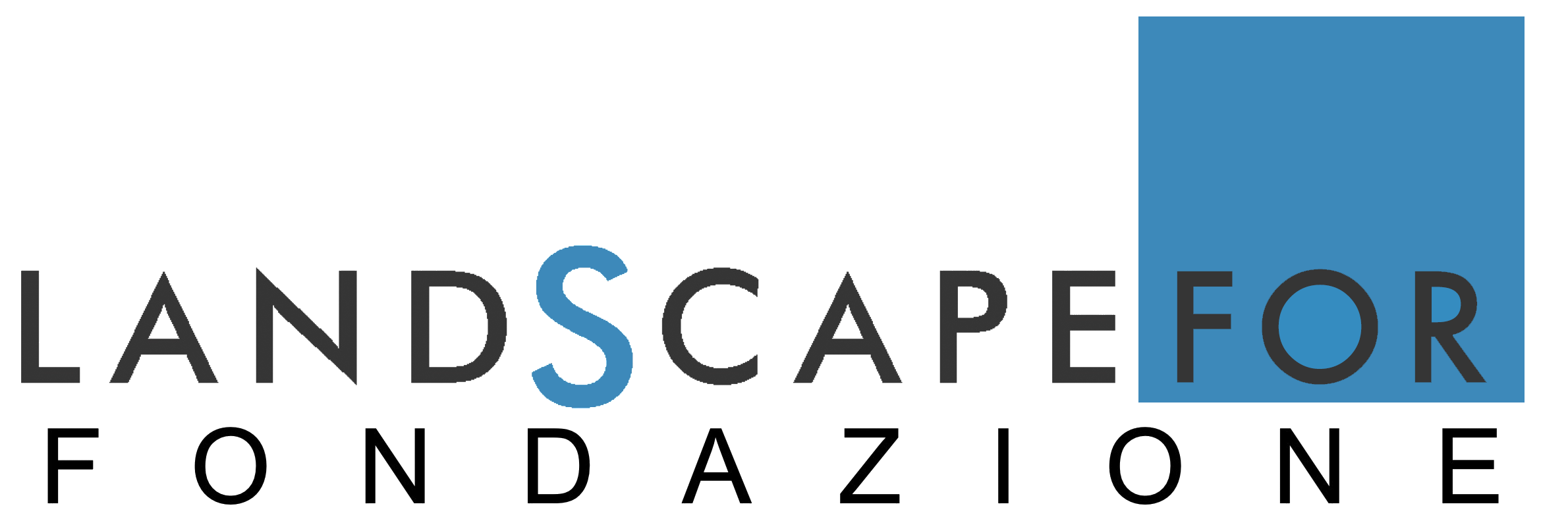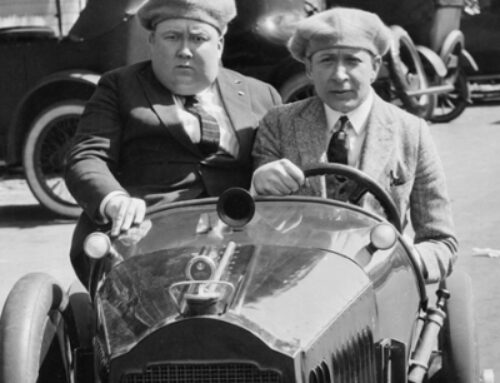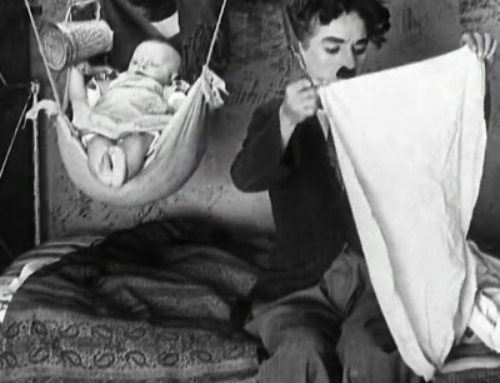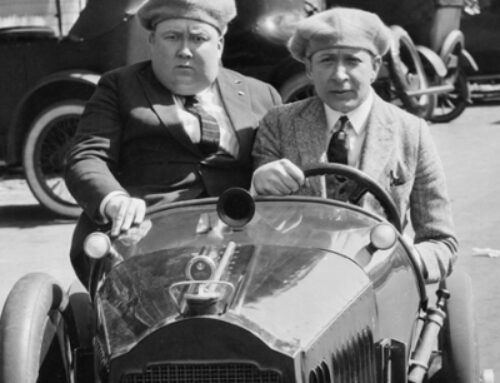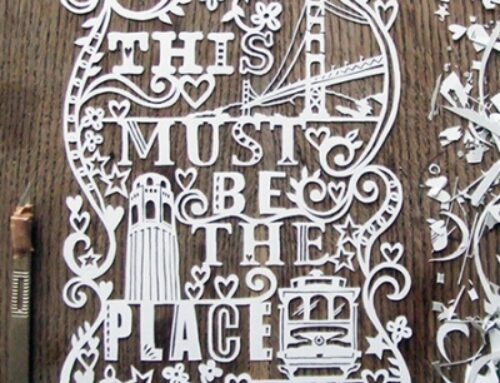We want to contribute to satisfying one of the most neglected demands for quality of life of our time, which is not offered today, whereas in other eras it was the driving force behind the economy: the pleasure of living.
We want to contribute to making productive the social energies and business intelligences aimed at quality of living, organising the innovative offer and trying to bring to light the widespread demand that is already investing in the quality of living, often in a not very conscious way. To get an idea of the power of the potential demand for quality living, just try to take into account how many economic choices we make to feel the view from the windows of our homes or to satisfy our curiosity about areas we do not feel as our own, for better environmental conditions or for the social and perceptive pleasantness of the public space we frequent.
We want to contribute to bringing the quality of living back to play an important economic role in territories, such as those in the Mediterranean area, with huge deposits of dormant landscape resources and societies that historically have a taste for living well, which has apparently disappeared for a few decades.
We want to bring out, network and provide services to the promoters and managers of the many places where processes of landscape and public space qualification have already been triggered, which structurally improve local economic conditions, the quality of the environment and of everyone’s life, and which have a significant impact on cost reduction and good city management.
We want to disseminate these land management skills and thus rediscover the sense of landscape, the common value given to the social and cultural relations of the territory as they appear to us in their perceptive form, in the story that (every day or once in a while) is told to us by the things that surround us. The sense of landscape is present in our cultures, even in this increasingly liquid society with little interest in history and the common good.
But in order for this rediscovery to be collective, widespread and well-lived, we want to show that the landscape is useful, that if you use it well, you get sensible benefits, not just cultural and abstract ones.
We have been working for the landscape for 20 years: today, in the crisis, we want to explore situations in which the landscape can work for us.
We want to shift the focus on landscape from scholars to practitioners on the ground, to be recognised not only for our conservation intention but rather for a flexible design attitude, of participation in the dynamics of transformation.
Considering the landscape not as an end but as an operational tool is the proposal, addressed above all to the economic world and land managers.
We seek to identify, on the basis of experiments and tests, not only the criteria for reducing the impacts of new transformations, which in any case constitute a cost for the operator and for citizens, but also the criteria for producing, with landscape enhancement interventions, economic positives in terms of local development, environmental management and maintenance capacity, territorial and product marketing.
